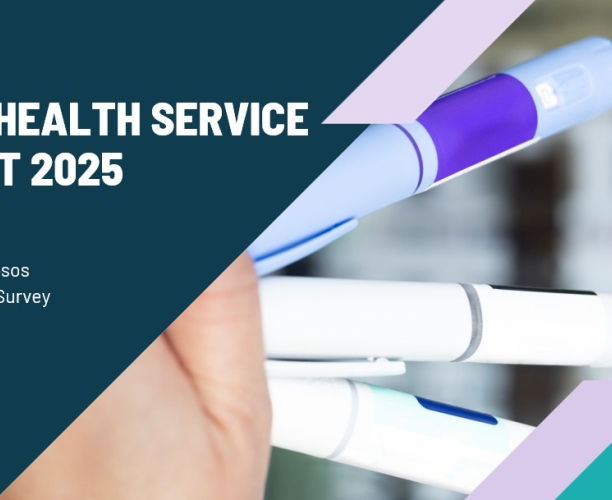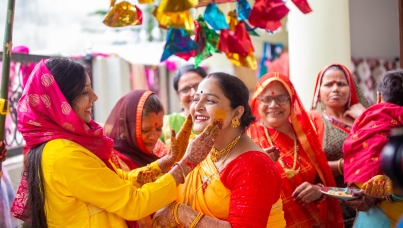

13% awareness of GLP1 drugs among Indians
According to the Ipsos Health Service Report 2025, awareness of GLP-1 drugs—such as Ozempic, Mounjaro, and Zepbound—is at 13%. Awareness is significantly higher in several global markets, led by the United States (74%), Canada (70%), Netherlands (66%), Great Britain (64%), and Australia (63%). At the other end of the spectrum, Colombia, Japan, and Peru recorded the lowest awareness levels.
From Diabetes to Lifestyle: A Shift in GLP-1 Use
Originally prescribed for managing diabetes, GLP-1 drugs are now part of a broader global wellness trend, with usage in obesity taking center stage.
Channels of Awareness
Among those familiar with GLP-1s, social media, traditional media (TV, print, radio), word of mouth, medical professionals, and advertising were cited as key sources of information. Influencers, telehealth platforms, and peer support communities have played a significant role in amplifying awareness, especially in digitally connected markets.
Health Priorities for 2025
The survey also highlighted the top global health priorities for 2025. Mental health emerged as the number one concern worldwide, followed by cancer, stress, obesity, drug abuse, and diabetes. The findings reflect a growing emphasis on both mental and metabolic health in public consciousness.
The Ipsos Health Service Report 2025 also identified the leading health concerns across key global markets. In India, 1 in 2 respondents (52%) ranked cancer as the top health priority. Similarly, cancer was the leading concern in several other countries, including France (60%), Belgium (60%), Italy (60%), and Romania (53%), reflecting a strong global focus on tackling the disease.
One in two Indians (55%) believe that vaccines against serious infectious diseases should be made compulsory—highlighting the importance of preventive healthcare and reflecting lessons learned from the impact of COVID-19.
Concerns around obesity also remain prevalent, with 36% of Indians believing that the number of obese individuals will increase over the next decade. This concern was even more pronounced in countries like Türkiye (70%), France (68%), and Thailand (68%), indicating a growing global awareness of obesity as a major public health challenge.
Nearly one in four Indians (23%) identified obesity as a key health priority, recognizing its role in contributing to serious health conditions such as diabetes and hypertension. In comparison, concern about obesity was significantly higher in some other markets, with almost six in ten Mexicans considering it a top health issue. On the other hand, South Africa and Indonesia ranked among the lowest in terms of public concern over obesity.
When it comes to stress, only 13% of Indians identified it as a health priority—the lowest among all markets surveyed—even though three in ten Indians reported feeling stressed multiple times a day. This disconnect is perhaps understandable, given the rising pressures of daily life, including long commutes, demanding work expectations, and increasing personal responsibilities.
Summarizing on the key take outs, Gauri Pathak, Country Service Line Leader, Healthcare Ipsos India, said: “With just 13% awareness, GLP-1s are at the early stage of what could become a major trend in the coming years. While high costs currently limit interest and adoption, the anticipated entry of generics in 2026 is expected to transform the landscape."
"Notably, over a third of Indians believe obesity will rise in the future — indicating an increasing openness toward obesity treatments," added Pathak.
Perceptions on healthcare system
Indians hold polarized views about the country’s healthcare ecosystem, particularly across key aspects such as the quality of care, access to medical advice, ease of securing doctor appointments, equitable access for all, and the system’s ability to provide high-quality, individualized treatment.
The survey also identified several critical areas that require urgent attention. For many Indians, the top concerns include the poor quality of treatment, limited access and long waiting times, the high cost of care, the challenges posed by an ageing population, a shortage of medical staff, and bureaucratic inefficiencies. These concerns highlight the need for comprehensive reforms aimed at improving accessibility, affordability, and overall healthcare delivery in the country.



